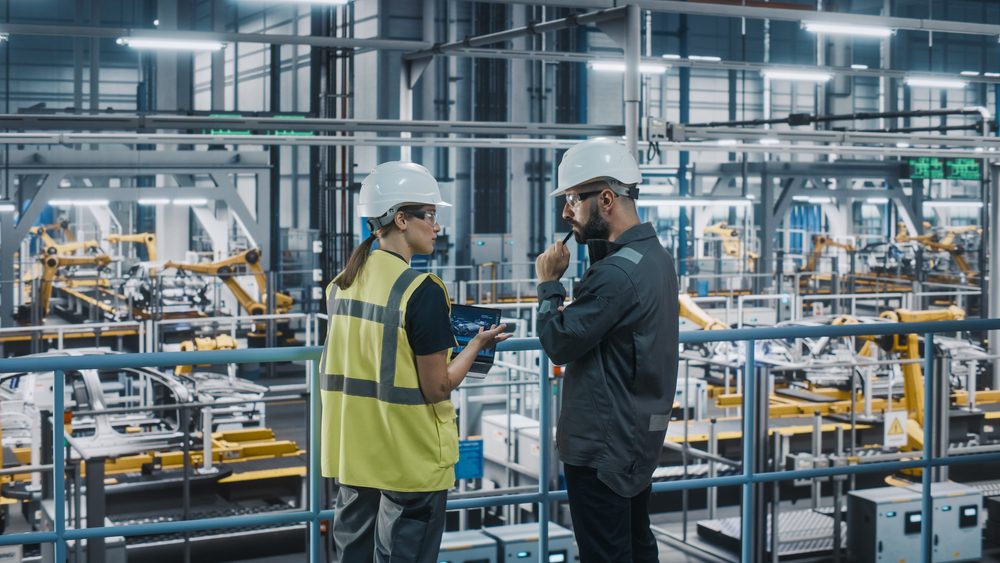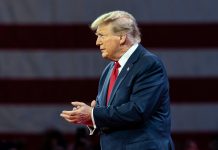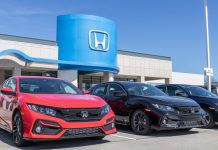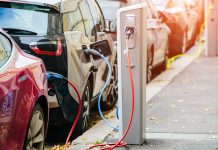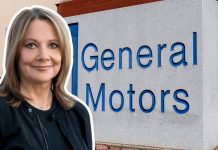From the first quarter of 2020 until the present, the COVID pandemic has forced dealerships to rethink the customer journey. Lasting changes have resulted, along with the furious implementation of digital retailing technologies. Then, the infamous chip shortage began. Largely impacted by a diversion in chips during the pandemic but exacerbated by a fire at the Renesas plant and COVID lockdowns, it set the industry on its heels for inventory.
Disruptions don’t stop there, however. There have been shortages in other materials, affecting EV battery production and upholstery as well as rubber. That’s been followed up by the Russian invasion of Ukraine. Along with the devastating and tragic loss of life, economic impacts have rippled through both nations that trickle down to the auto industry, whether from parts production or potential nationalization that would mean multi-billion-dollar losses for carmakers.
It seems dire, and there’s no questioning the gravity of the situation. The auto retail industry has proven to be resilient, and dealerships are finding ways to adapt and overcome the challenges.
Lightico Chief Revenue Officer, Gilad Komorov, believes that there will be continued disruptions, even after the current issues are resolved. He says, “The auto finance industry needs to internalize that continued shocks to the system are extremely likely. COVID waves, supply chain problems, the war in Ukraine, and any number of crises are going to continue to keep us on our toes. This should be a given at this point. Planning for this in a smart, efficient and, flexible manner is absolutely key to surviving and thriving during those times.”
Adapting to the new way of doing business
According to eLend Solutions, the pandemic initiated a massive movement to adopt digital retailing practices, and more than three-quarters of dealers accelerated its adoption. Using technology to make the car buying experience smoother and less time-consuming was the long-term result, along with immediate adherence to safety protocols.
Komorov saw the effects when COVID arrived and shutdowns commenced. The functionality is more than just for a pandemic, though.
“A big part of this [planning] is ensuring your workforce can continue to function in a remote-only environment without reducing output while simultaneously ensuring a great customer experience. This can be accomplished by first building a great tech stack that can accomplish the above goals and then testing it during periods of calm.
“A great example of this is Platinum Auto Finance out of Florida which implemented a strategy in early 2019 to mitigate business disruption during hurricanes. They built a great tech stack, tested it, and then when COVID hit in 2020, they already had a plan in place to be fully functional in a remote environment.”
Shifting to build-to-order
Parts shortages have put a damper on vehicle selection on dealer lots, and carmakers like Ford have been promoting a build-to-order strategy to keep production lean. Ford CEO Jim Farley said in February that approximately one-third of all sales are ordered rather than chosen from in-stock units.
For dealerships, it’s a shift in how business is done and requires education for both staff and customers. It’s a plan that helps to maintain strong sales without massive floorplan costs, plus it’s an opportunity to ensure buyers get exactly the right vehicle they want in a sales process tailored to their needs.
It’s still early in the conflict overseas, and the full effect on the global economy and the auto industry has yet to be determined or felt. However, dealers are adapting quickly to meet the needs of both customers and staff. As Komorov mentions, dealers should be planning ahead to be prepared for continuous disruptions, whether that means changes to processes or tech.
Did you enjoy this article from Jason Unrau? Read other articles on CBT News here. Please share your thoughts, comments, or questions regarding this topic by submitting a letter to the editor here, or connect with us at newsroom@cbtnews.com.
Be sure to follow us on Facebook and Twitter to stay up to date or catch up on all of our podcasts on demand.
While you’re here, don’t forget to subscribe to our email newsletter for all the latest auto industry news from CBT News.


